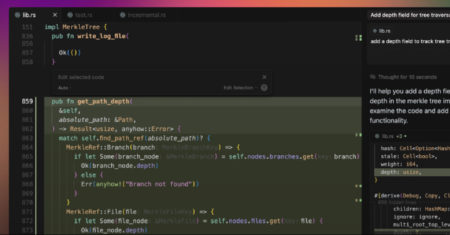Detecting Vulnerable Commvault Environments Within Azure Using KQL Query

Cybersecurity analysts are racing to respond to an active exploitation campaign targeting Commvault environments in Microsoft Azure through the recently identified CVE-2025-3928 vulnerability.
This cr …
Read more
Published Date:
May 08, 2025 (3 hours, 30 minutes ago)
Vulnerabilities has been mentioned in this article.
Source: Read More
